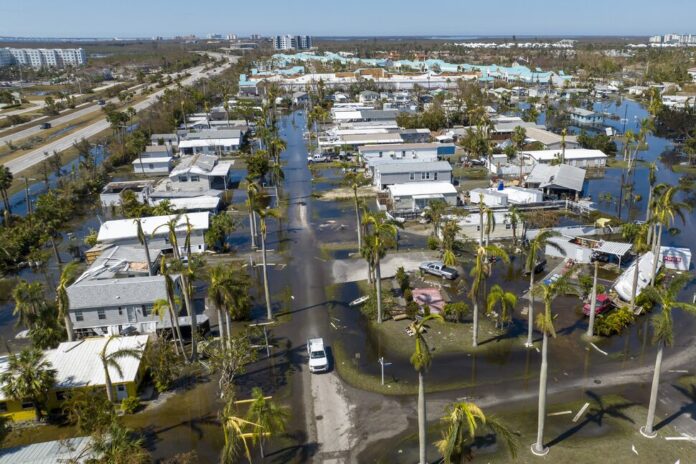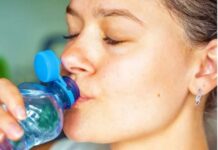After a slow start, hurricane season is here: A flurry of named storms formed within days during September. Fiona devastated Puerto Rico, and less than two weeks later, Ian battered the west coast of Florida before it and its remnants moved up and hit the Eastern Seaboard.
Extreme weather events like Ian and Fiona have become more intense because of climate change. That reality has implications for those of us in health care. We have a duty to protect and advance the health of our patients. Climate change is killing them, and we must change the way we practice medicine in response.
We can start by screening our patients for the impact of climate change as if it were a new vital sign.
We typically think of health as something doctors monitor, offering treatment such as prescription medications as needed. But in reality, only about 20% of a person’s health is attributable to the medical care they receive. The rest is determined by factors such as individual genetics, behaviors including dietary habits and smoking, and socioeconomic conditions.
Social determinants such as people’s neighborhood and socioeconomic status are actually responsible for 40% to 50% of a person’s health outcomes. It’s a sad truism that a ZIP code can be more predictive of a person’s health than his or her genetic code.
Consider how extreme weather events such as this summer’s heat waves affected communities unequally. Poor urban neighborhoods, with sparse tree cover but plenty of concrete and asphalt, absorb and retain the heat of the sun’s rays, while leafy, shaded suburbs just a few miles away stay much cooler. A University of California–San Diego study that measured land surface temperatures in over 1,000 counties across the United States found that neighborhoods with the lowest average education and income levels generally recorded higher temperatures.













